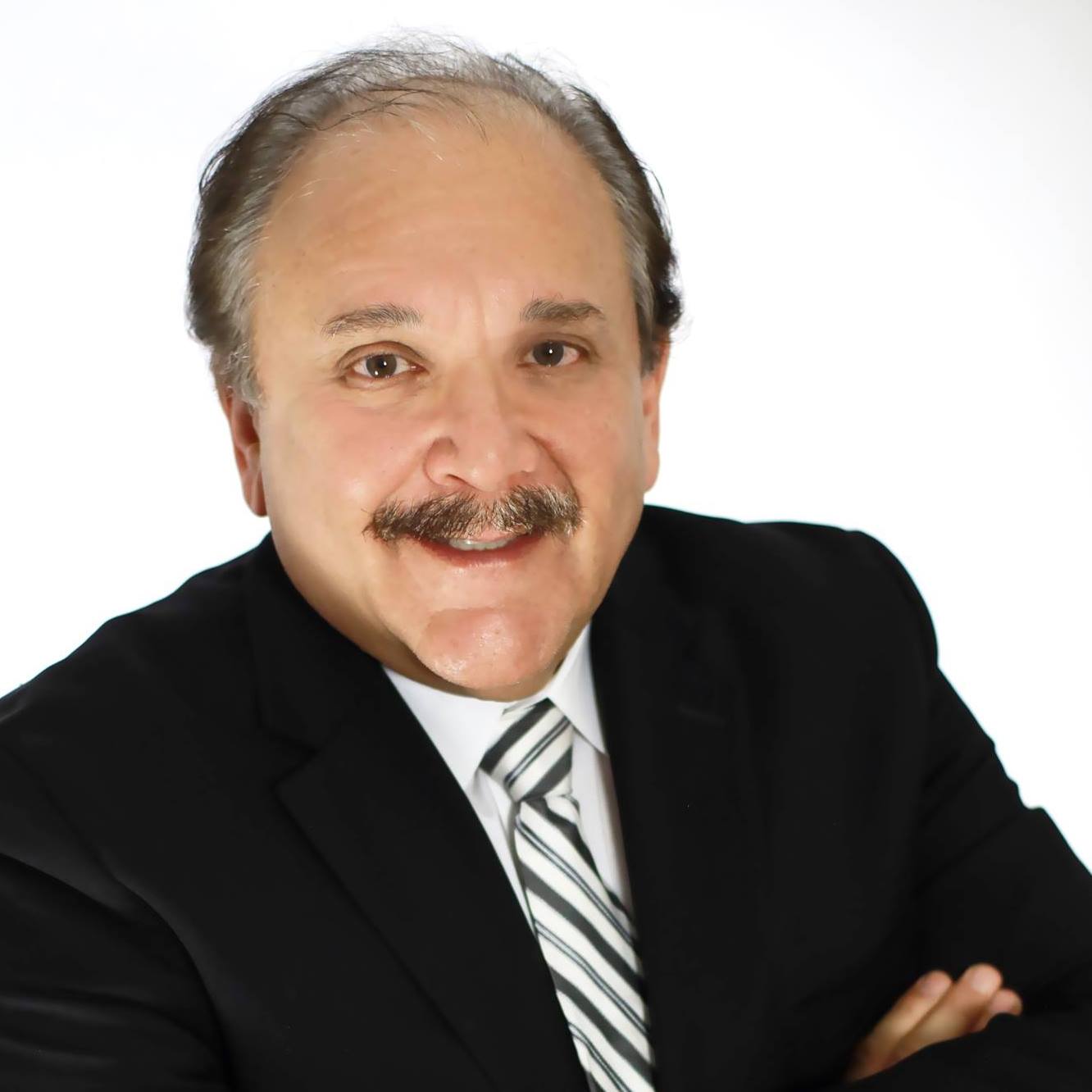- ESTATE PLANNING OVERVIEW
- HOW ESTATE PLANNING WILL HELP YOU?
- COMMON DOCUMENTS USED IN ESTATE PLANNING
- DURABLE POWERS OF ATTORNEY
- FAMILY LLCS
- HEALTHCARE POWERS OF ATTORNEY
- LIMITED POWER OF ATTORNEY
- TRUSTS
- SPECIAL NEEDS THAT TRUSTS CAN ADDRESS
- WILLS
- WHY PARENTS MUST HAVE A WILL
- LIVING WILL
- TRUST AGREEMENTS
- WHO IS IT FOR
- WHAT IS AN ESTATE
- BENEFITS
- PRIORITIZING PLANNING
- LIVING WILL DEFINED
- CREATION
Not everyone understands estate planning, because many people think it’s only for old people, or those who are retiring. Some think it’s only for the wealthy. But estate planning is for everyone.
And so it’s not surprising that people are not completely familiar with the concepts that are related to estate planning: concepts such as trusts. What are trusts? What does it do? How does it help you prepare for the future? Let’s take a close look at trusts and how they are related to estate planning.
TRUST AGREEMENTS
A trust agreement is a document that spells out the rules that you want followed for the properties held in trust for your beneficiaries. Trusts may have different objectives: they may be used to reduce the estate tax liability; to protect properties in your estate; to avoid probate, etc.
Think of it as a special place in which ordinary property from your estate goes in and takes on a new “identity” of sorts. It is then bestowed with special “powers” including immunity from estate taxes, resistance to probate, and so on.
If you want to set up a trust, there are certain things you need to take care of. For starters, you need to define the objective of the trust. What are the specific estate-planning objectives do you want this trust to achieve? Some trusts can be used for a single estate-planning objective. Others can be used for more than one goal.
A trust agreement will also include the trust’s beneficiaries. Just like with other aspects of your estate plan, your beneficiaries will benefit from the trust in some way. Usually, the beneficiaries will receive some or all of the property that was placed into trust.
As you’re setting up the trust, you’ll need to identify your goals and what you want to achieve. Trusts come in many different varieties, and it helps to know what specific kind of trust you are making. This will help you follow all the rules for that particular type of trust, making sure that it’s proper and legal. It also ensures that the trust carries out your intentions.
These rules depend on what is specified in the trust agreement. In addition to these rules, there are others that can be found in state and federal law. A good trust agreement will follow all these established rules.
Once you place a property into a trust, it becomes formally known as trust property.
The trust agreement also names a “trustee,” a person who is in charge of the trust. The trustee is someone who understands the rules for the type of trust they are managing, and they are tasked with making sure that everything in the trust stays in working order.
Estate planning and trust agreements may sound simple on paper, but the small details can get really complicated. It is best to work with someone who understands all these rules inside out. Have a lawyer create a trust agreement that is suitable for your needs.
Estate planning is often misunderstood as something that is only for old or retired people. Some even think it’s only for the wealthy. However, this line of thinking shows a clear misunderstanding of what estate planning is all about.
WHO IS IT FOR
You don’t have to be old to start planning for the future. And unfortunately, none of us can successfully predict how long we will live. That’s just the way life goes: illness and accidents happen to people of all ages. People tend to think more about estate planning as they get older—but there’s nothing stopping the younger generation from pursuing it either.
And you don’t have to be rich to have an estate plan. Of course, wealthier people tend to think about how to preserve their wealth. But even families with modest assets can benefit from the protection that estate planning provides.
Today we will talk about estate planning: what it is, what its benefits are, and why you should have one yourself.
WHAT IS AN ESTATE
First things first: what is an estate? Believe it or not, you have one. Nearly everyone does. An estate is comprised of everything you own: your car, your home, other real estate, your checking and savings accounts, your life insurance, your investments, your furniture, and all your personal possessions.
This is your estate, no matter how large or how modest it is. Everyone has an estate. And by nature, all estates are the same: you can’t take it with you when you die. This is why estate planning is necessary.
What is Estate Planning?
Death is inevitable, and there are only so many ways we can prepare for it. Securing your properties with the help of estate planning is one of them. And when the time comes, you will want to know where those assets and properties will end up.
You will want your estate to fall into the right hands: namely, the people or organizations you care most about.
Estate planning involves providing instructions stating whom you want to receive something of yours, what they are to receive, and when they’ll receive it. You will also want this to happen with the least amount paid in taxes, court costs, and legal fees.
Estate planning allows you to name the people whom you want to receive the things you own after you die. But good estate planning is more than that. It may include instructions for your care if you become disabled before you die. It could name a guardian for minor children. You could also use it to name an inheritance manager for your children.
BENEFITS
Estate planning helps you provide for loved ones with special needs without disrupting their government benefits. You may also want to provide assistance for loved ones who are irresponsible with money, as they may require financial protection in the future.
Good estate plans also include life insurance to provide for your family at your death. Disability income insurance also helps maintain your income if you can no longer work due to illness or injury.
If you own a business, you will want that secured as well. It’s a good thing your business is a part of your estate. Estate planning helps you transfer your business in the event of death, disability, or retirement.
But perhaps the best benefit of estate planning is the peace of mind it gives. It allows you to be secure in the thought that you have properly planned on how to protect your family. This gives you and your family peace of mind. It’s one of the best gifts you can give your loved ones.
PRIORITIZING PLANNING
Estate planning is often put off by individuals, believing they don’t own enough properties, they are too busy for it, or they’re simply not old enough. But it’s best to create a plan when you’re young and have plenty of time to assess your needs, as well as the needs of your loved ones.
The estate plan is there to anticipate future needs that may arise. You never think it’s necessary until it is. If you don’t have a plan in place, your state will provide one for you—but you will have no control over it.
Your state will have plans in place in case of your disability or death. They will distribute your wealth according to the laws in your state. They will appoint a guardian for your minor children in case both parents die.
These are matters you will want to have control over. Work with Gudeman and Associates Attorneys today and create an estate plan that’s right for you and your loved ones.
LIVING WILL DEFINED
Despite its name, a living will isn’t actually the same as the wills people use to leave their property at their death. A living will is not to be confused with a last will and testament.
In fact, we can say that they contrast one another: a last will and testament has no effect while the property owner is alive, and it only becomes legally binding at their death. On the other hand, a living will has no power upon the person’s death and only works while they are still alive.
A living will is a document that a person can use to state their wishes for end-of-life medical care—specifically in the event that they become unable to communicate their decisions. Also known as a “health care directive” or an “advance directive,” this legal document lets people communicate their desires in situations that they otherwise couldn’t.
If a person doesn’t have a living will, the decisions may be up to the doctors or hospitals, who are legally obligated to perform medical procedures—which you may or may not desire. Your loved ones would have a much easier time deciding what to do in those situations if you left a directive on what you want to happen in such circumstances. This is the role of the living will.
For example, a living will can explain whether or not you want to be kept on life support if you become terminally ill and will die shortly without life support. It works the same way if you fall into a persistent vegetative state.
It also lets you address other important questions such as your preferences for tube feeding, artificial hydration, and pain medication in certain situations.
A living will only becomes effective when you cannot communicate your desires on your own.
It is usually limited to the refusal of, or desire for, specific medical treatment in the event of a terminal illness, a critical injury, or permanent unconsciousness. This document has no power after death.
CREATION
Each state may have their own set of requirements for a living will, so it’s a good idea to hire a lawyer who could help prepare one. Many states provide forms for advance directives. This allows residents to state their wishes in as much or as little detail as they would like.
It can help set your preferences when it comes to things like “palliative care” or “extraordinary measures”—the latter, for example, involves the use of cardiopulmonary resuscitation (CPR).
A valid living will must meet state requirements regarding notarization or witnesses. A living will takes effect as soon as it is signed, and it can be revoked at any time.
Even if the document takes effect immediately, the doctors will still rely on personal communication instead of the document as long as possible.
The power and authority granted by a living will end when the person who made the document dies. The sole exception would involve decisions about organ donation or autopsy. Once that’s over as well, the living will loses all effect.
If you want to create a living will, it’s a good idea to work with an attorney who knows the ins and outs of your state laws. Work with Gudeman and Associates Attorneys today.






